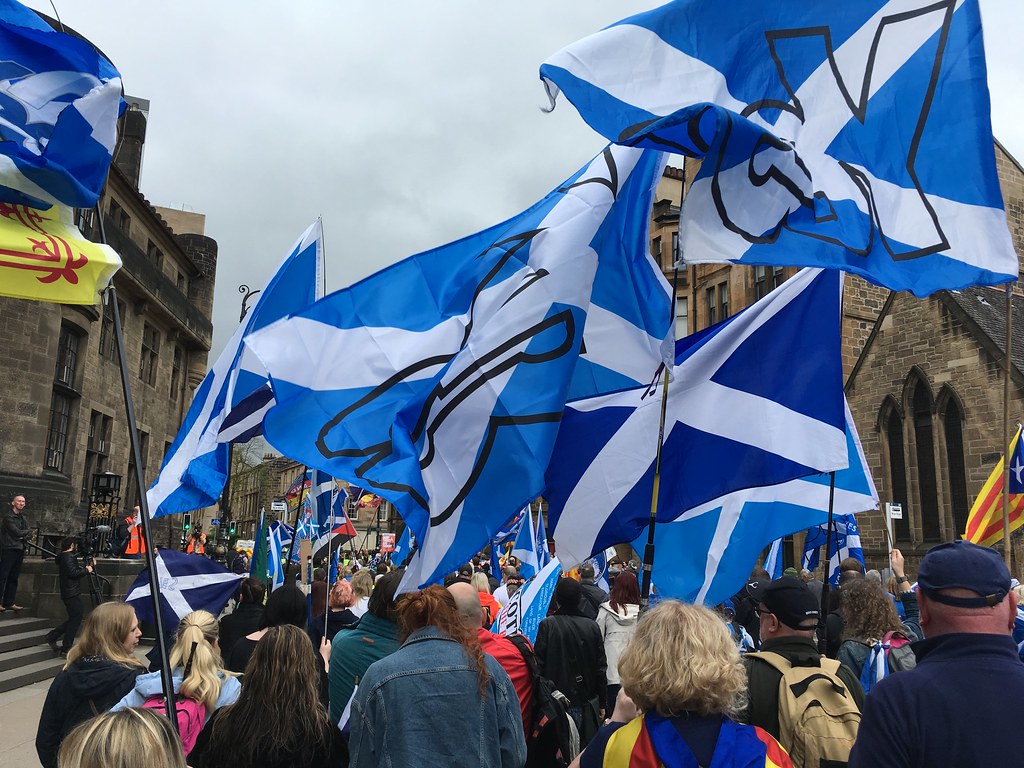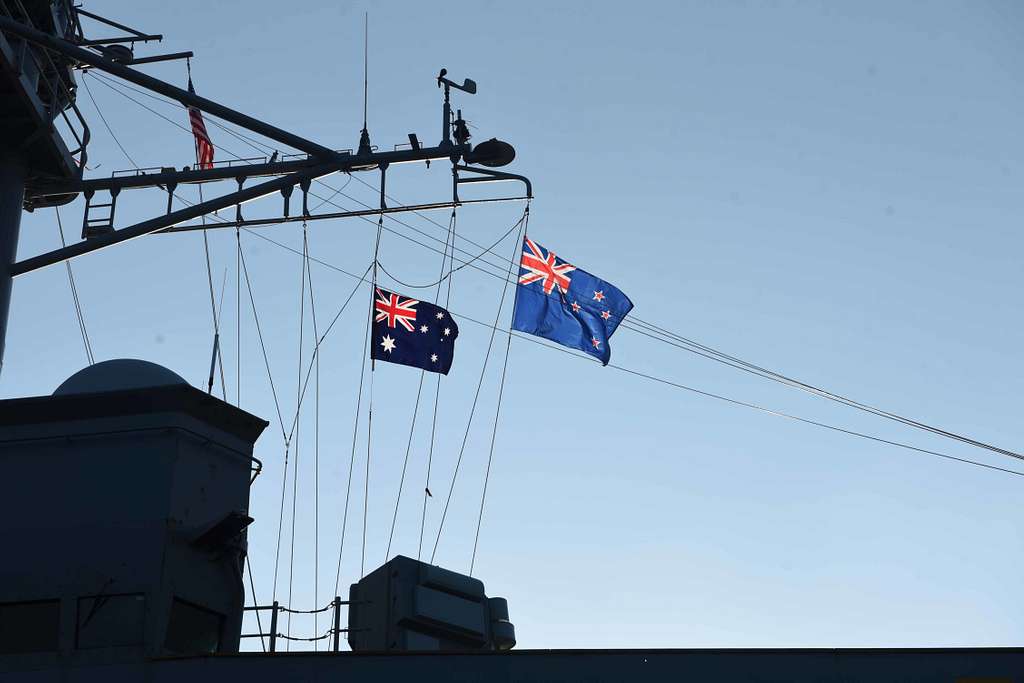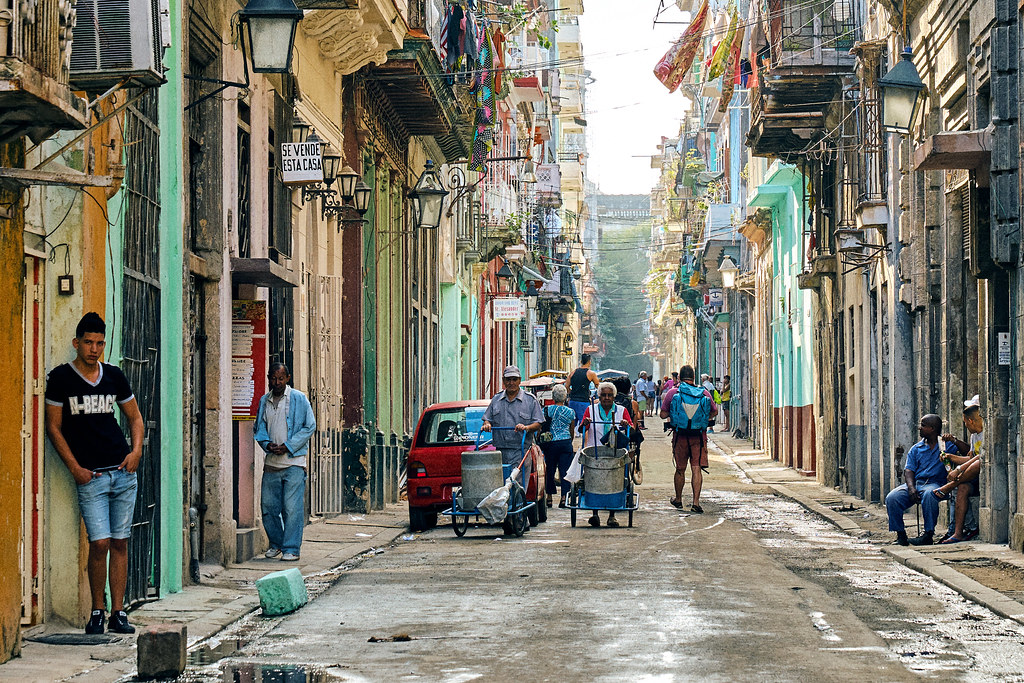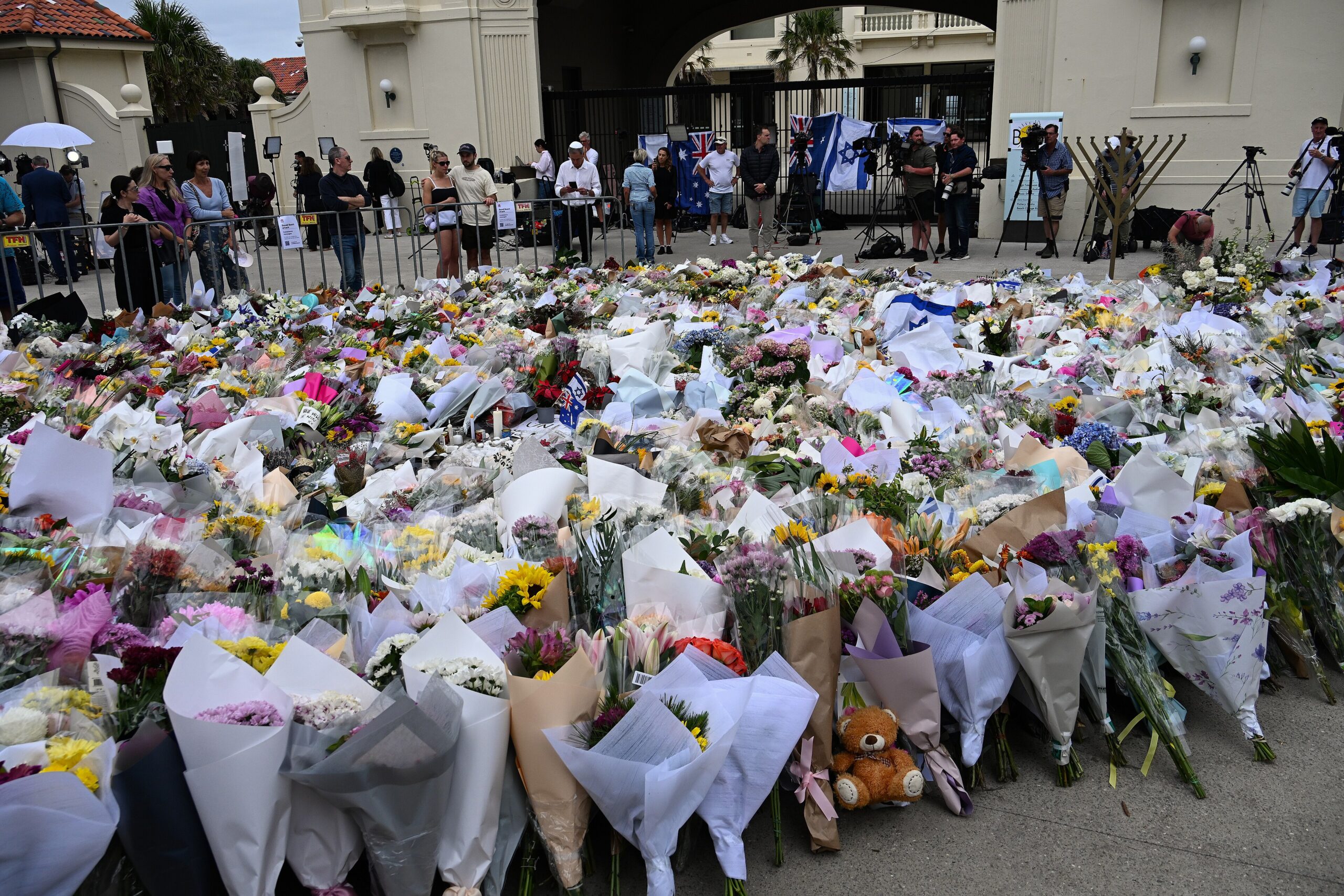Despite record public support for independence, Scotland’s nationalist movement is increasingly fragmented over key issues like currency, monarchy, EU and NATO membership, and the path to achieving statehood. With the referendum route blocked and the SNP’s electoral strategy faltering, alternative proposals—ranging from a constitutional convention to direct UN appeals—reflect both the movement’s creativity and its deep internal divisions.
As noted in a previous post, despite the record popularity of independence in opinion polls, the Scottish national movement has entered a phase of internal fragmentation. Divisions have concerned both goals and strategy.
Of the movement’s aims, all of the pro-independence organisations that were set up since 1999 (many of which were born either during the independence referendum campaign of 2012-14 or in the wake of the referendum itself) share with the dominant Scottish National Party (SNP) a common goal of independent Scottish statehood. However, they differ quite markedly in the degree of sovereignty which they wish to see Scotland achieve in relation to the rest of the United Kingdom and to international organisations such as the EU and NATO. When it comes to the links that an independent Scotland would maintain with the rest of the UK, two issues over which independence supporters are divided are the monarchy and the currency.
On the issue of the monarchy, the SNP has never in its history been officially in favour of an independent Scottish republic. This remains true today, despite some party members supporting a republic on an individual basis, including some of its elected representatives. By contrast, most other pro-independence organisations are republican: this is the case of all the left-wing organisations (the Scottish Greens, the Scottish Socialist Party, the Radical Independence Campaign), as well as the newly created nationalist Alba party.
More salient than the question of whether or not to maintain the monarchy is that of the official currency of an independent Scotland, which pits the SNP leadership, in favour of preserving the pound sterling at least for a transitional period, against a large part of the independence movement, which believes that there can be no absolute economic sovereignty unless Scotland has its own currency from the start.
Neither is the independence movement united in its stance on EU or NATO membership. Although a clear majority of Scots, including independence supporters, were opposed to Brexit, not all pro-independence organisations are now in favour of an independent Scotland immediately re-joining the EU, with some (notably the small nationalist parties created in the early 2020s) preferring it to first apply for membership of the European Free Trade Association (EFTA) before considering such a move.
Moreover, although the whole movement is united in wishing to rid the country of nuclear weapons (with the whole of the UK’s nuclear arsenal being based in Scotland), it disagrees over the question of Scotland’s membership of NATO. The SNP has throughout its history changed its position on NATO several times, vacillating between periods of timid support and periods of strong opposition regarding the nuclear nature of the alliance. Its latest stance, adopted against the will of a significant minority of party delegates during the 2012 SNP conference, is one of support for NATO membership “subject to an agreement that Scotland will not host nuclear weapons and NATO continues to respect the right of members to only take part in UN-sanctioned operations.” However, this makes it an outlier in the independence movement, which is otherwise united in opposing membership.
Concerning the strategy to adopt to reach the goal of independence, faced with the need to devise one that moves away from the referendum option (the route to a referendum being currently blocked, as explained previously) while remaining legal and constitutionally sound, the movement has been left with one main option: elections. Hence, at its 2023 annual conference, the SNP opted to revert to its pre-1999 strategy, whereby if it won at least half of the Scottish seats in the UK House of Commons, it would take this as a mandate to open independence negotiations with London. An electoral victory would be followed by preparations for independence, including the publication of a document that would serve as a basis for talks, as well as the launch of a national consultation or constitutional convention to draft an interim constitution. In the event, the SNP did not reach its electoral target of half the Scottish seats in the 2024 UK general election. However, even if it had, the main problem with its newly rediscovered strategy was that it did not address the question of what to do if or when London refused to negotiate.
What alternatives to the SNP’s strategy does the broader movement propose? One popular proposal is to set up, without further delay, a constitutional convention that brings together all the pro-independence political players, as well as representatives of civil society, along the lines of what was done in the 1990s, which led to the establishment of an autonomous Scottish Parliament. The idea would be to begin practical preparations for the transition to independence to present London with a fait accompli. In the meantime, the pro-independence marches regularly organised by a group called All Under One Banner have aimed at displaying support for independence and “demonstrat[ing] the power of the grassroots movement”. The Alba Party notes on its website that “every successful independence movement has had popular action as a key tenet to its strategy”.
Another option advocated by some more radical nationalists is to bypass the UK and present Scotland’s case directly to the United Nations. The aim would be to get the UN to recognise Scotland’s status as an internal colony within the UK, which would give it a right of secession according to international law. However, despite the movement’s growing impatience, most of its members remain unconvinced by the option of a unilateral declaration of independence, which would be guaranteed to block the way to recognition of Scottish statehood from the international community.
This is article the second in a series of two. You can find the first part here.
Nathalie Duclos is a Professor of Scottish, British politics, and history at the University of Toulouse, France. She is head of research centre CAS, and also President of the French Society for Scottish Studies / Société Française d’Etudes Ecossaises.
This article is published under a Creative Commons License and may be republished with attribution.





